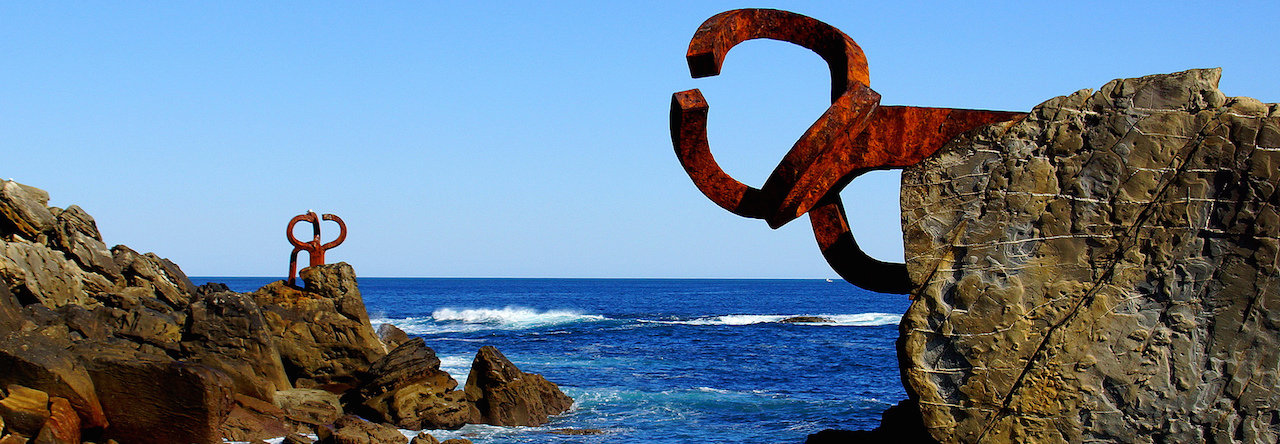 China has been the great icon of globalisation. His powerful economic development was a sign of the prosperity of the decade. Every country made business with China and this country was the huge consumero f economic resources. When the financial crisis started, even the Chinese authorities thought they were going to be free from the economic problems and predicted a growth of a 9 percent of GDP for 2009.
China has been the great icon of globalisation. His powerful economic development was a sign of the prosperity of the decade. Every country made business with China and this country was the huge consumero f economic resources. When the financial crisis started, even the Chinese authorities thought they were going to be free from the economic problems and predicted a growth of a 9 percent of GDP for 2009.
Now we have evidence that China is also facing the crisis. He will grow more than any other developed country, but the effects of the crisis are emerging in his figures. Wing Thye Woo, Senior Fellow of the Brookings Institution, explains in China’s Short-term and Long-term Economic Goals and Prospects that
“China’s economic situation in 2009 does not look good. The IMF’s January 2009 projection of growth was 6.7 percent, which was down from its November 2008 projection of 8.5 percent. The February 2009 estimate of the number of jobs lost by migrant workers was 20 million, which was double the estimate of December 2008”.
Several analysts claim that the situation of China will affect to the recovery of the United States, as America needs the financial support of the big country. In fact, if China does not begin structural reforms in his economy, we can see a commercial war between two of the main nations of the Planet. “Some analysts say that the US housing bubble was able to continue only because China prevented the long term interest rate from rising by continually investing its large trade surpluses into Freddie Mac and Fannie Mae Bonds”.
The last thing we need is a war, according to the Brookings analista. We have to reinforce the public diplomacy strategy to persuade Chinese officials about the need to increase the reforms towards a more balanced economic system.
“China’s economy has been like a speeding car for almost 30 years. The high-probability failures that could cause the car to crash in the near future could be classified under three categories (1) hardware failure, (2) software failure, and (3) power supply failure”.
These three scenarios show serious problems like a banking and financial crisis, difficulties in Government with the explosion of social protest due to corruption and inequality, or external limitations to the China’s growth: climate change, a shortfall in energy resources and a commercial war with other countries. The author draws a pessimistic future over the best engine of the global progress.

